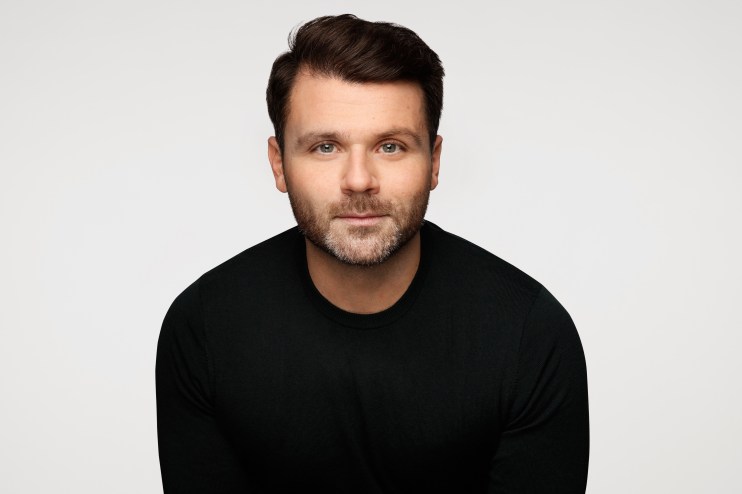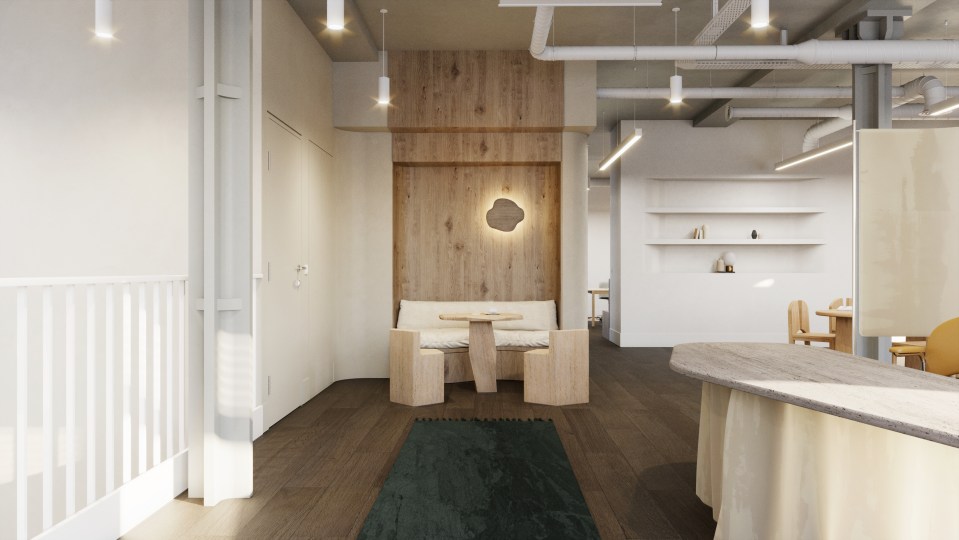The Notebook: Zac Goodman on why there’s life after Wework for flex offices

Where the City’s top thinkers get a few things off their chest. Today, Zac Goodman, founder and CEO of London real estate investor TSP, takes the pen.
There’s life after Wework for flex offices
Flexible offices are in high demand in London and have experienced a stronger recovery than many other parts of real estate in the UK, post-pandemic. But Wework’s recent bankruptcy filing will certainly have many wondering if the giant’s troubles are spelling more pain coming for commercial offices.
Wework came in to the market with the beer on tap and t-shirts model and at first we loved it. Why? It was a fresh approach to a stale segment of real estate and it represented the (then) new millennial generation stomping in to the driver seat of the business world with their Macbook pros.
Adam Neumann spotted the demand trend and quickly realised he could transcend a mere property developer’s ambition with a tech business that ‘elevates the world’s consciousness’. He took a sub-let real estate business, chiselled the words technology and community in to it, and incredibly the money men made it rain!
And at first he was successful through blitzscaling: if tech can do it then so can real estate. What was a nimble and agile bootstrapped startup became one of the biggest global occupiers of real estate. They paid top dollar for everything and wasted money on an intergalactic scale.
But as it kept burning cash well before the pandemic, the dashboard lights were flashing and investors were getting sweaty. An IPO was the only answer. Time to dump the start-up on to the retail market.
By the time of the IPO Neumann had gotten too greedy and believed his own tagline. His massive price target meant serious due diligence by the investment world – and guess what – they all concluded that Wework was basically an old fashioned sub-let business model, which had massive liabilities and limited future upside.
Its filing for bankruptcy is just the first-mover’s tragedy. Other players have come in to the market with more grown up and sophisticated offerings which are frankly better and doing well, hoovering Wework’s once core market.
Ironically flex is strong right now. It offers what people want – which is service, optionality, flexibility and shorter lease lengths. It removes an enormous amount of friction for tenants and it’s the future of real estate as a ‘product’ adapting to its customers.
The race for the greenest office space
Offices have gone through many headwinds over the last 24 months, but as this fluid state begins to settle, we see interest growing in smaller, professionally managed, well-located and sustainable office spaces.
While there are many credentials floating around to grade how sustainable a building is, let’s not forget that reusing materials with a view to preserve heritage and protect our environment is in fact not a new idea. It’s something that people living long before us have been doing from a place of scarcity rather than excess and plenty.
In many of the 100 year-old buildings that TSP is retrofitting right now as flexible offices, we pay attention to every detail: can the old wooden floor be sanded and varnished rather than removed and replaced? Can the internal brickwork be matched and extended rather than renewed? Can we bring spare terracotta from our recently developed office in Old Street to fill the gaps in the one we have just acquired in Farringdon?
So, rather than ticking sustainability boxes – which are important – we have a sustainable mindset giving a new lease of life to old buildings. Reuse, rethink, preserve.
Transforming Christian Louboutin’s former UK HQ

In Spring 2022 TSP acquired the former UK HQ of Christian Louboutin at 60 Ironmonger, EC1, a 100-year-old, former East End warehouse, with incredible light, space and volume. And huge potential.
In just a couple of weeks Ironmonger will be complete after close to 12 months of restoration works, preserving its old features and bringing in new ones with the help of interior designers, House of Grey. It includes 18,480 hand-installed terracotta tiles, sourced from Artisans of Devizes.
Fully furnished, flexible and ready to go. This project has been one of TSP’s most ambitious: taking an old Edwardian building and bringing it up to modern standards. We’ve restored and recycled, and we’ve thought carefully about how to position this building for today’s ‘office customers’.
AI v real estate
If there ever was an industry traditional enough to never fear AI disruption, it would probably have to be real estate. Or so you’d think.
Many of the commercial buildings being developed or delivered around London today are adapting to digital natives entering the workforce and having higher expectations from the tech integrations in their office space.
Increasingly, we’ll find that making buildings compatible with AI is a key success factor in occupiers enjoying a frictionless work environment.
From updating building app features at speed, to managing lighting and energy use to minimise a building’s carbon footprint, AI already is or quickly becoming the only solution.
A recommendation:
Walter Isaacson’s biography of Elon Musk. Musk is totally crazy and totally genius at the same time. He’ll most likely be remembered as the Edison of our age. Question is: do we forgive his chaotic approach, sometimes odd views, and weirdness in exchange for the progress he’s making for the world?